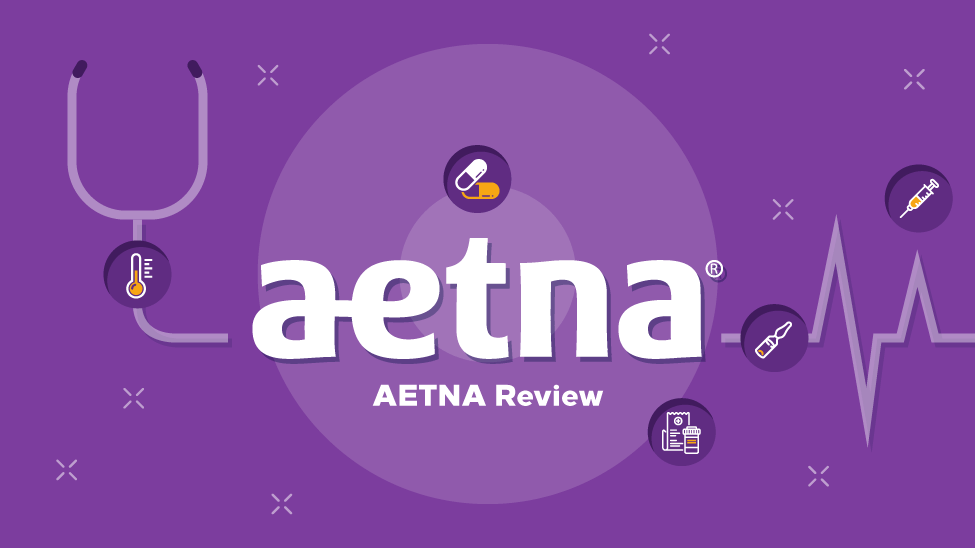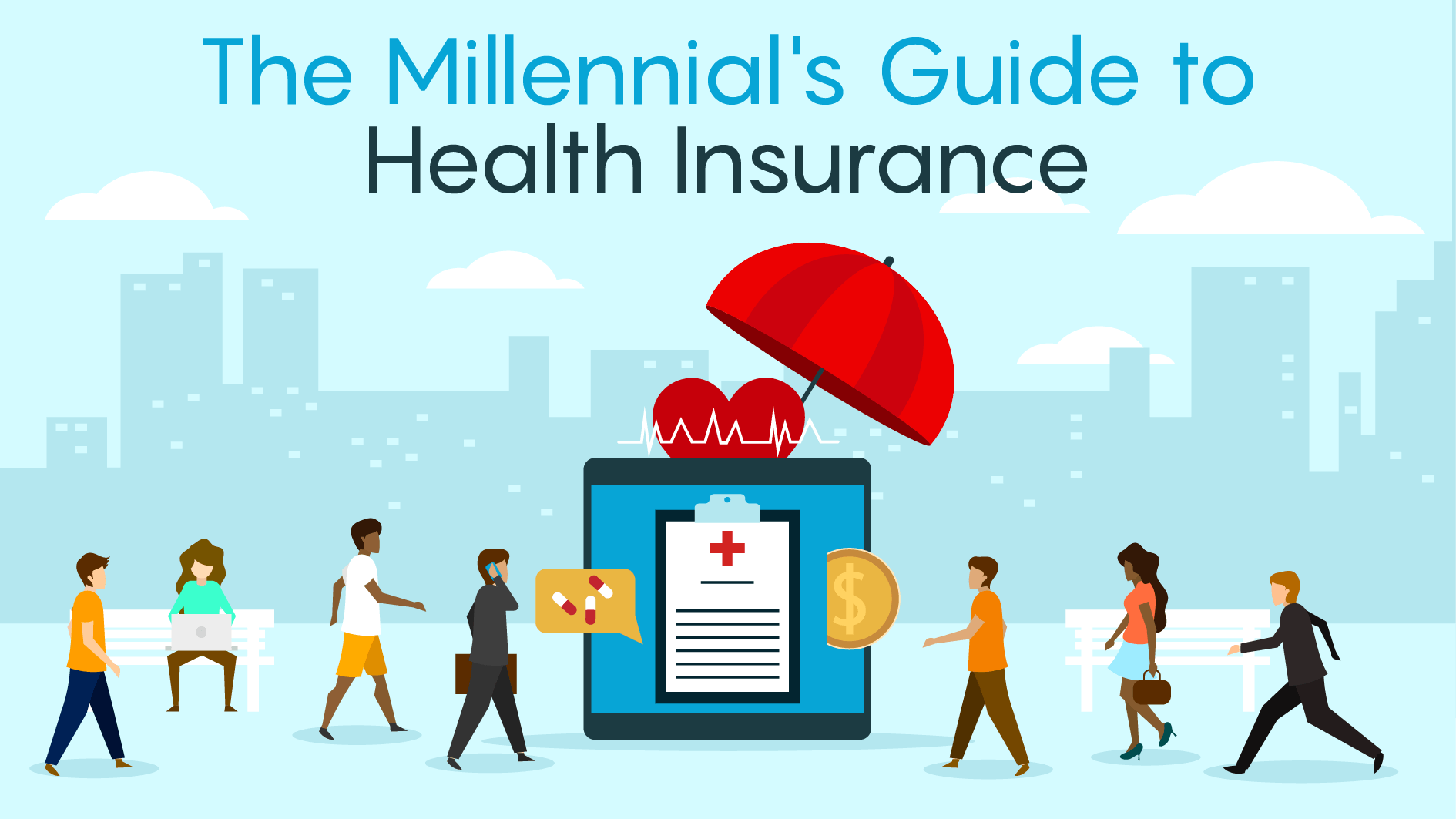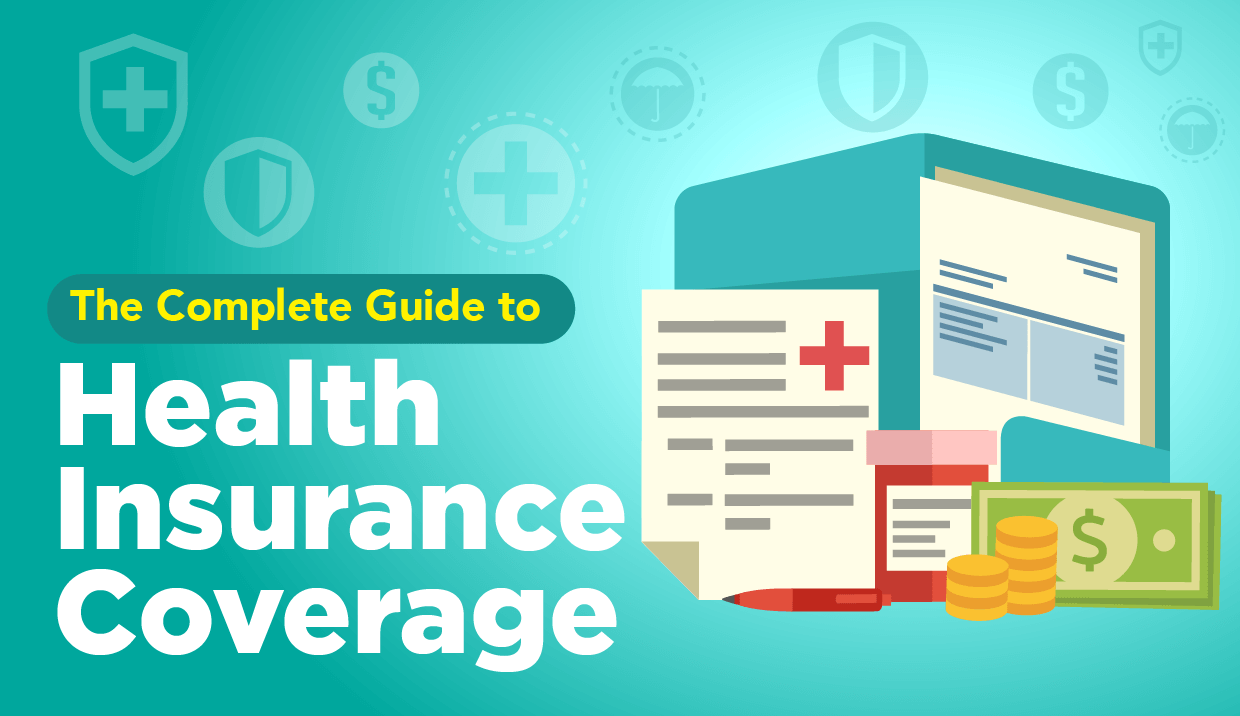How Oscar Health Insurance Built a Company Valued at $2.7 Billion in Less Than Five Years
Secured with SHA-256 Encryption





Find the Lowest Car Insurance Rates Today
Quote’s drivers have found rates as low as $42/month in the last few days!




Table of Contents
Table of Contents


Head of Content
Meggan McCain, Head of Content, has been a professional writer and editor for over a decade. She leads the in-house content team at Quote.com. With three years dedicated to the insurance industry, Meggan combines her editorial expertise and passion for writing to help readers better understand complex insurance topics. As a content team manager, Meggan sets the tone for excellence by guiding co...
Meggan McCain
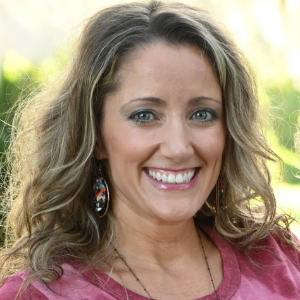

Sr. Director of Content
Sara Routhier, Senior Director of Content, has professional experience as an educator, SEO specialist, and content marketer. She has over 10 years of experience in the insurance industry. As a researcher, data nerd, writer, and editor, she strives to curate educational, enlightening articles that provide you with the must-know facts and best-kept secrets within the overwhelming world of insurance....
Sara Routhier


Commercial Lines Coverage Specialist
Michael Vereecke is the president of Customers First Insurance Group. He has been a licensed insurance agent for over 13 years. He also carries a Commercial Lines Coverage Specialist (CLCS) Designation, providing him the expertise to spot holes in businesses’ coverage. Since 2009, he has worked with many insurance providers, giving him unique insight into the insurance market, differences i...
Michael Vereecke
Updated October 2024
Oscar Health Insurance is providing healthcare to users right through their smartphones.
How did it find an opening in the healthcare market that allowed them to grow to a $2.7 billion company in under five years?
It saw that America’s health insurance industry had a problem: It was old and antiquated.
The company realized that customers and insurance companies weren’t on the same page with what each side wanted.
It became evident that the industry was using outdated technology, and there was a glaring lack of communication between providers, patients, and payers.
This made the whole process a nightmare, or at least an inconvenience, for everyone involved.
Thankfully, Oscar arrived on the scene to provide a solution.
There was a time when it used to take days or even weeks for a patient to be put in touch with a doctor.
Now Oscar is enabling people to talk to a doctor for free within 15 minutes.
Plus, the service is available 24/7.
I’m going to explain the three key things that Oscar did to revolutionize health insurance.
Then I’ll share a few critical lessons we can take away from their story.
But first, let’s learn more about how this health insurance company got started.
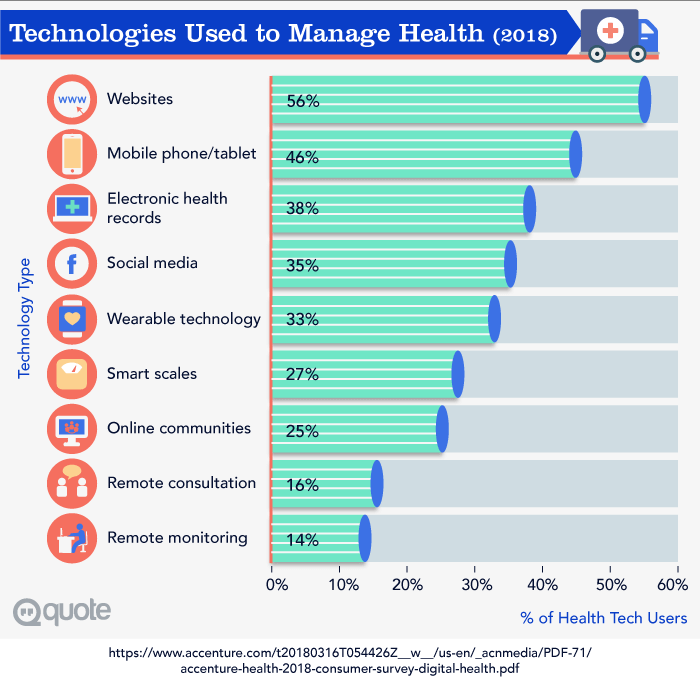
Oscar
Will it be the next big thing in the health insurance industry?
Oscar was started in 2012 by Harvard Business School classmates Josh Kushner, Mario Schlosser, and Kevin Nazemi.
That year, Schlosser’s wife was pregnant, and Kushner had experienced a sprained ankle.
Both of them quickly experienced first-hand how the existing health insurance system worked.
Their negative experiences inspired the group to start a company.
Its goal was to make the complicated hospital billing system and other aspects of healthcare easier for consumers.
It began selling insurance in 2014, the same year that the Affordable Care Act individual mandate went into effect.
To quote Mario Schlosser, “In an industry where there is so much data available, we felt strongly that there was enormous potential to improve the American healthcare system by giving more agency to the consumer.”
The company’s founders decided that the existing industry’s outdated systems just wouldn’t cut it anymore.
The industry assumed that consumers could figure out how to navigate their own healthcare needs.
All it provided them with was a long list of in-network doctors in their area.
That assumes people know what kind of doctor they need to see for a particular issue and where to get care.
That’s the problem.
Just having a long list of options doesn’t mean a better healthcare experience for the average person, who isn’t a medical expert.
People find themselves navigating a random mix of doctors, hospitals, labs, and clinics.
This can be a confusing, tedious, and expensive process.
It makes consumers feel disconnected from the healthcare system.
“People like Congress more than their health insurance companies” – Josh Kushner, co-founder of Oscar.
Now I don’t want to sound political, but that really says a lot about the industry and its relationship with people.
It’s not exactly what you want as a customer when you’re probably paying nearly $5,000 a year for healthcare.
That’s where Oscar Health stepped in.
Using their existing knowledge of data and consumer science, the founders came up with a great idea.
Oscar Health would be the first health insurer that was consumer-oriented.
It would use a mix of data, design, and technology to create a better experience for everyone involved.
It would also be easy-to-use, seamless, and most important of all: affordable.
Today, thanks to these decisions, Oscar Health has grown to a valuation of more than $3 billion.
Free Health Insurance Comparison
Compare Quotes From Top Companies and Save
Secured with SHA-256 Encryption
Health Insurance
A few examples of why it’s so important, and what could go wrong if you don’t have it
Health insurance can save your finances if anything terrible happens.
My wife and I love to take cruises.
But I’ll never forget seeing a helicopter evacuate a senior off our ship during one of our cruises.
It was due to a critical, cardiac-related health issue.
That was all I needed to see—I don’t even want to know how much that person ended up paying for the chopper airlift.
I already knew that Americans spend more on healthcare than any other country in the world.
Since then, my wife and I always purchase travel insurance, just in case either of us ever needs airlifting off a ship or an island.
It doesn’t have to be a pre-existing medical illness either.
That’s the scary part.
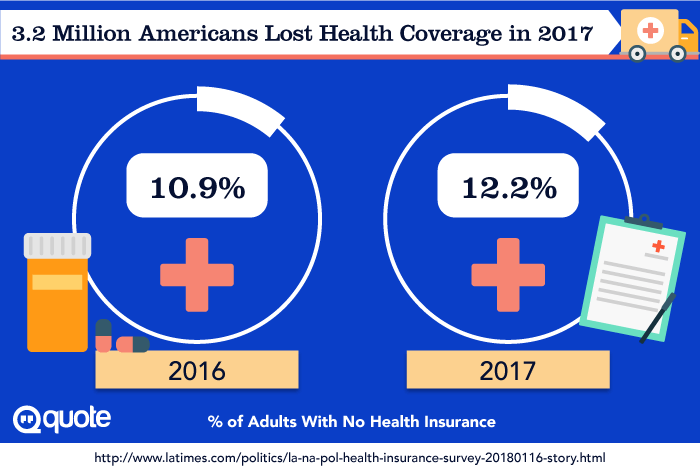
If I didn’t have a solid health insurance plan, a surprise hospital visit could have cost us over $40,000.
But thanks to my insurance, I only spent about $2,000 out of pocket.
This is why I think everyone should have adequate health insurance.
If you don’t have any health insurance or you have inadequate insurance, it can lead to all kinds of problems.
Including bankruptcy.
President Obama said during his 2009 State of the Union address that a medical bankruptcy occurs in America every 30 seconds.
That’s one million bankruptcies every year.
So we know that health insurance is essential.
But many of us put off looking into it.
Much like doing your taxes, it can be a confusing and frustrating process.
Luckily, now there’s Oscar.
I think the paradigm shift it brought to the health insurance industry is massive.
It has made the process of getting insurance and seeing a doctor an easier one.
And that alone will help reduce the number of medical bankruptcies each year.
Model of Success
How Oscar Health revolutionized health insurance by doing three key things
Oscar made a few really significant changes to how healthcare works.
These factors led to their massive growth and success.
I think it’s poised to permanently change the American healthcare system for the better.
1. Oscar made it easy. Oscar eliminated the paralysis customers may have felt when met with overwhelming choices.
That’s a significant problem with the antiquated health insurance system.
People don’t want to call around to multiple doctors to find an office that will accept them.
2. It leveraged data and technology. This is a common theme with many recent startup companies that have gone on to achieve great success.
Use of technology and data can help automate and streamline processes for most businesses.
Oscar has demonstrated that a masterful use of technology and data can deliver a superior healthcare experience.
3. It added a new product. Oscar Health gave consumers something the health insurance industry hadn’t been able to offer before.
Now patients have the ability to talk to an on-call doctor 24/7.
The best part is that it’s unlimited and always free.
When members still have questions, they can contact Oscar’s dedicated concierge team.
An app and website that are easy to use is pretty rare for the health insurance industry.
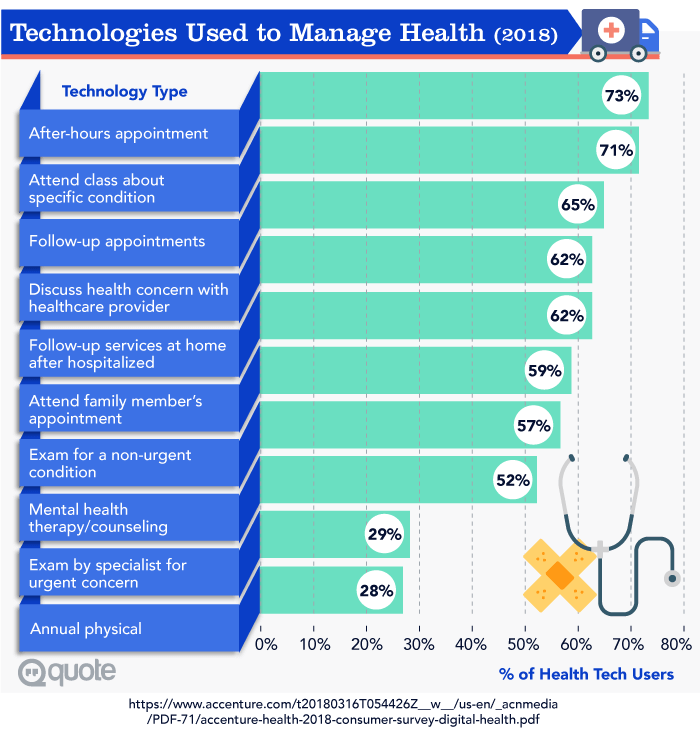
Healthcare Made Easy
Removing all the confusion and allowing customers to decide what’s right for them
Lots of people turn to friends or family for recommendations when deciding on a healthcare provider.
Sometimes it seems that’s the only way.
There was never a centralized source of trustworthy information.
There also isn’t much transparency when it comes to the full costs of treatment for a health issue … Let alone how much your insurer will actually cover.
That can make it really tough to choose or to even know where to start.
How can you make a confident choice when the lack of communication and support often blinds you to your options?
It can be really tough as a consumer to figure out whether a plan is affordable, and what it covers.
Oscar Health changed this by applying a design-centric approach to the whole health insurance process.
Their primary focus was improving the user experience.
This proved to be a difficult job in an industry that is notoriously difficult to navigate.
Let’s face it: The health insurance industry is full of complexity.
The networks Oscar use are different.
They aren’t the same massive networks that traditional insurance companies have built.
Sure, those provide lots of options.
But they are usually more expensive and hard to navigate and quality is also unreliable.
Oscar Health instead curates a narrow network built around a single provider group.
It provides the same broad range of care options available from traditional providers.
But it takes advantage of clinical integrations that smaller networks can provide.
This makes for higher quality outcomes for consumers and patients in need.
Their smaller network size also means it can take advantage of sizeable cost savings.
For customers of traditional insurance companies, the process goes something like this:
They start by using their insurer to look up service providers in the network.
Then they have to start making phone calls to one doctor and then to the next, one-by-one, until they find one that has a slot available.
This can be a terrible experience and a big hassle for the customer.
Some studies have found that 1/5th of doctors listed in insurance directories aren’t even reachable.
Either they have the wrong number listed, or they don’t answer their phone.
Traditional providers have long repeated the mantra that choice is paramount when it comes to healthcare.
In fact, they tried trading off choice for cost decades ago, and it backfired.
In the 1990s, many insurers tried to increase care management and restrict options in the process.
They could offer lower premiums, but patients ended up with a much smaller number of doctors to choose from.
Customers revolved against this change, and insurers quickly learned that patients are willing to pay more for choice.
At the founding of Oscar Health, its creators hoped to bring back the gains in efficiencies from the models tested during the 1990’s.
But they also wanted to take them to the next level so that, this time, it wouldn’t fail.
Instead of merely cutting costs, they aimed to drastically improve the patient experience as well.
They sought to accomplish this by integrating directly with doctors and hospitals.
Consumers can gain from a narrow network. It just has to filter out high-priced providers and search for higher-quality ones.
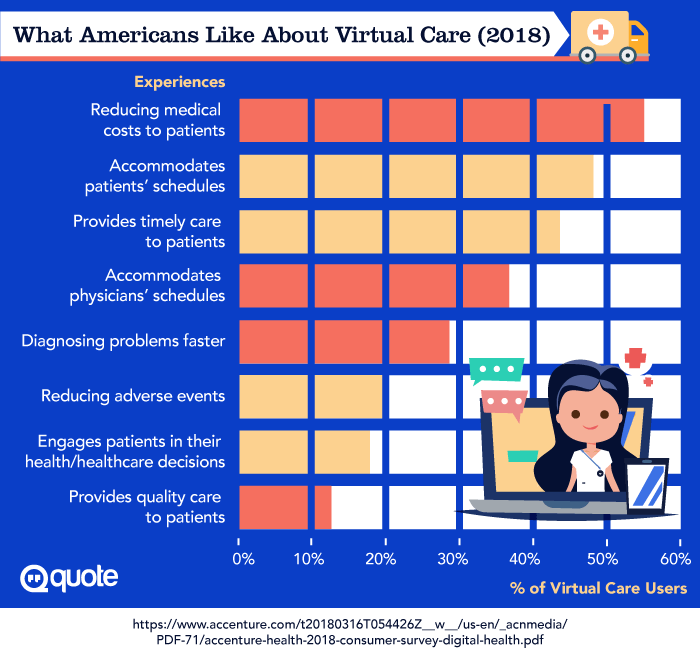
Fortunately for Oscar, customers are fed up with the current broken healthcare system.
This means that they are willing to take Oscar’s deal even though a similar proposal was rejected in the 90’s.
Oscar might sacrifice choice, but it allows for easy appointment booking.
Plus, its doctors coordinate with each other.
How Oscar Works
Oscar Health members log into their account using a smartphone app or computer.
They can describe their health concerns and symptoms.
This helps with an initial assessment of potential health problems.
Users then get shown a list of specialists or primary care physicians that they can consult with.
This whole initial process is free of charge.
If a consumer receives a diagnosis, Oscar’s insurance plan then covers the related expenses as laid out in the individual’s policy.
The website and application also provide users with a wide range of helpful information.
It includes how often a doctor treats patients of your gender and age, and whether your Oscar health plan covers the full cost of your health issue.
This allows patients to make informed decisions and find the doctor that best fits their personal needs.
Oscar Health also includes free fitness trackers.
Their users can even earn Amazon gift cards for reaching daily exercise goals.
“This is our biggest investment to date into the wellness of members. For years, health insurance was about charging more for increased risk. We’re looking at it from the opposite direction, and telling people we can give them more value for being healthier” – Oscar CEO Mario Schlosser.
Oscar currently only has plans for residents of New York, New Jersey, California, and Texas.
Individuals, couples, and families all qualify, as long as they don’t already receive health insurance from their employer.
Customers get charged an annual fee that varies depending on each customer’s individual risk profile.
Age, income, the range of coverage, and geography are all used by Oscar’s algorithm to set the price.
Free Health Insurance Comparison
Compare Quotes From Top Companies and Save
Secured with SHA-256 Encryption
Streamlining
Using data and technology to bust complexity
Teams of data scientists built Oscar’s networks.
While it’s technically an insurance company, Oscar is really more of a technology company.
CEO Mario Schlosser trained at Stanford as a data scientist and helped build Oscar’s core systems and business from the ground up.
He extracted insights from the overwhelming flow of existing healthcare data.
Data sources included:
- Insurance claims
- Electronic medical records
- Doctor directories
Oscar has a tool that goes through and cleans up the network daily.
It evaluates, cleans, and updates thousands of fields with the latest information available.
It can tell which doctors are no longer accepting patients.
It can also weed out those with a recent spike in complaints.
It even incorporates member requests from outside Oscar’s model.
The research team at Oscar has the responsibility of defining and providing ongoing evaluation of the network’s data quality.
They gather data from internal claims, state-level databases, Medicare claims, and more.
This data is analyzed, and algorithms interpret this data into micro and macro level trends.
These overall trends get plugged into Oscar’s Network Scorecard.
It’s a system that shows member’s access to care and the quality of experience in each region.
Oscar is also continually developing algorithms to reduce the need for manual decision-making.
This reduces the number of high-level experts needed for tasks like rate negotiations and provider outreach.
Over time, technology will give workers the broad skill set needed to control the whole contracting process, from start to finish.
Growth
Oscar Health is in the process of expanding beyond 250k enrollments
Oscar has begun taking on new markets besides just individual health insurance plans.
It’s now rolled out a product called Oscar for Business that caters to small businesses.
It’s intended for businesses with 100 employees or less, and will offer the same range of services as their existing individual plans.
This will provide a sustained boost to the number of people that Oscar insures.
In fact, both individual and small business membership show no signs of slowing down.
They’re expected to keep increasing significantly over the next year and beyond.
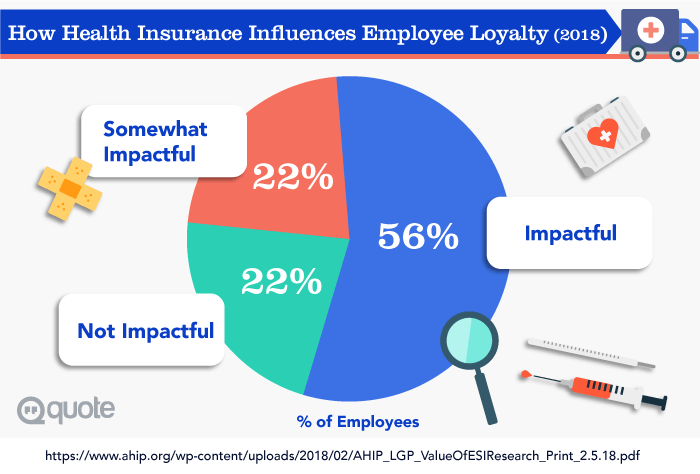
It’s no surprise that a growing number people are choosing a better service that costs less money!
No news yet on when Oscar plans to expand beyond their currently serviced states of New York, New Jersey, California, and Texas.
But even if you live outside these regions, it might be worthwhile to keep an eye on the company to see when it decides to set up shop in your state.
What We Can Learn
Key lessons to take away from Oscar Health
I think all of us can take away a few important lessons from the amazing success story that is Oscar Health.
As an American citizen and as an entrepreneur myself, I appreciate what Oscar has done for healthcare.
In that light, here are the three key lessons I gleaned from the company that personally resonated with me:
Lesson #1 – Quality trumps variety of choice.
Oscar knew that it wanted to set itself apart from other insurance companies because of its quality of services offered. Not just being another company that provided more options.
The first step in creating their unique network was finding the right doctors and medical groups.
The research team at Oscar uses a bunch of different information to identify the best doctors in across all medical specialties.
Providing members with top-notch quality was essential.
Especially since Oscar planned to limit choice in the process of improving customer experience.
There wouldn’t really be anything to differentiate it from traditional health insurance providers otherwise.
That’s why selecting the best services available for its platform was a must.
Otherwise, it would have just been another generic insurance company with mediocre customer service.
Oscar is always looking to create high quality, affordable, convenient to access healthcare for its members.
In 2016, the company partnered with Mount Sinai to produce the Oscar Center.
It’s a dedicated space for Oscar members.
It isn’t just designed to treat people when they are sick, but also to keep them healthy.
The facility has a comprehensive primary care program.
It also offers essential mental health services.
Health and wellness classes such as yoga, mindfulness training, and prenatal courses are also available.
Lesson #2 Listen to the market.
Consumers made their voices heard and Oscar was the one who listened.
A streamlined yet effective healthcare experience is becoming more and more important.
People want to access care where and when they need it.
They also want transparency as far as how much things will cost.
They want assurance that there are resources to help them through the complicated healthcare system.
Prior research echoed the industry’s conventional wisdom and suggested that customers simply prefer a wide selection of doctors, and were willing to pay a premium for choice.
But Oscar boldly banked on the idea that customers who are tired of the old system would be willing to prioritize quality over choice.
And quality and efficiency were exactly what it offered.
It was a risk, but sometimes you have to go against the conventional wisdom of your industry and ask people what they actually want.
Things change—and companies have to adapt along with those changes.
Oscar is able to provide a number of benefits to customers by listening to what they really want and need:
- You get a better user experience, including 24/7 access to professional help.
- Patients have access to on-call support from in-house healthcare experts.
- You can receive real-time diagnosis.
- Members are rewarded for living a healthy and active lifestyle.
- You have the ability to instantly view and manage your entire health history.
Lesson #3 Tirelessly work to narrow your losses.
In the beginning, Oscar Health ran on outsourced infrastructure.
The team wanted their own system from the very beginning, but this just wasn’t feasible.
And it wasn’t worth delaying their product launch until after they had developed, tested, and deployed their own infrastructure.
The founders knew they could develop their own and transition over to it over time.
They focused first on the most important and most costly process.
In their case, it was the claims processing and network construction.
Bringing these core aspects of their business in-house allowed them to reduce costs substantially.
Sometimes it’s better to jump right in instead of waiting for optimal conditions.
You can always work hard to make up for any shortcomings once you have some initial cash flow coming in.
An Industry Changer
Oscar Health Insurance has changed the way thousands of Americans access and use healthcare
Oscar provides health insurance plans and related services.
It reduced the options available to customers, which at first might have seemed like a poor choice.
However, as a result, the company was able to offer a higher level of service than traditional health insurance companies, and at a lower cost.
Replacing the old and antiquated technology of other insurance companies let Oscar provide a more user-friendly and easier experience for its members.
The plans it offers cover a wide range of healthcare needs, including routine care services, free doctor visits, free generic drugs, immunizations and flu shots, pregnancy screenings, lab tests, and more.
It also provides health insurance to small businesses through the Oscar for Business product.
Oscar’s doctor-on-call service means members can talk directly with a doctor over the phone at any time.
This allows members to get prescriptions and advice without even having to leave home.
Their mobile application even lets users view and manage their own health history.
Leveraging technology and making the process easy.
That’s how Oscar made it among the health insurance industry’s largest startups.
The company tripled its enrollment from 17,000 to 40,000 members last year, which accounts for about $200 million in annual premiums.
Even though the insurer is still in its infancy, it claims to already represent 12–15% of the individual health insurance marketplace in New York.
This rapid success in such a short time period suggests that Oscar insurance still has plenty of room for growth.
So keep an eye on Oscar, because as it grows, you’ll likely witness it transform the healthcare industry even further in the coming years.
Have you used Oscar Health Insurance for your family or business?
How was your experience?
Would you recommend it to a friend?
Feel free to share your thoughts in the comments section below.
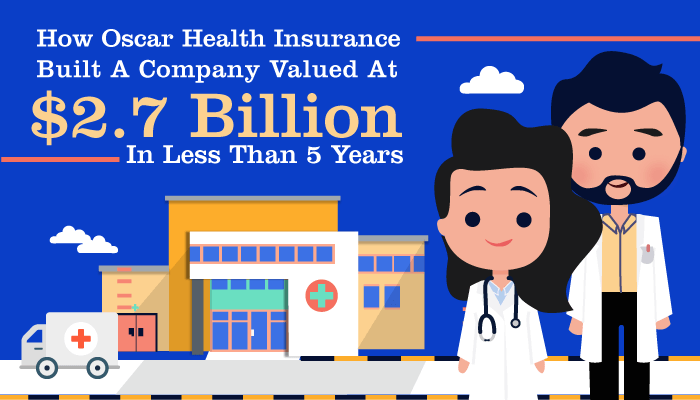
Get a FREE Quote in Minutes
Insurance rates change constantly — we help you stay ahead by making it easy to compare top options and save.


